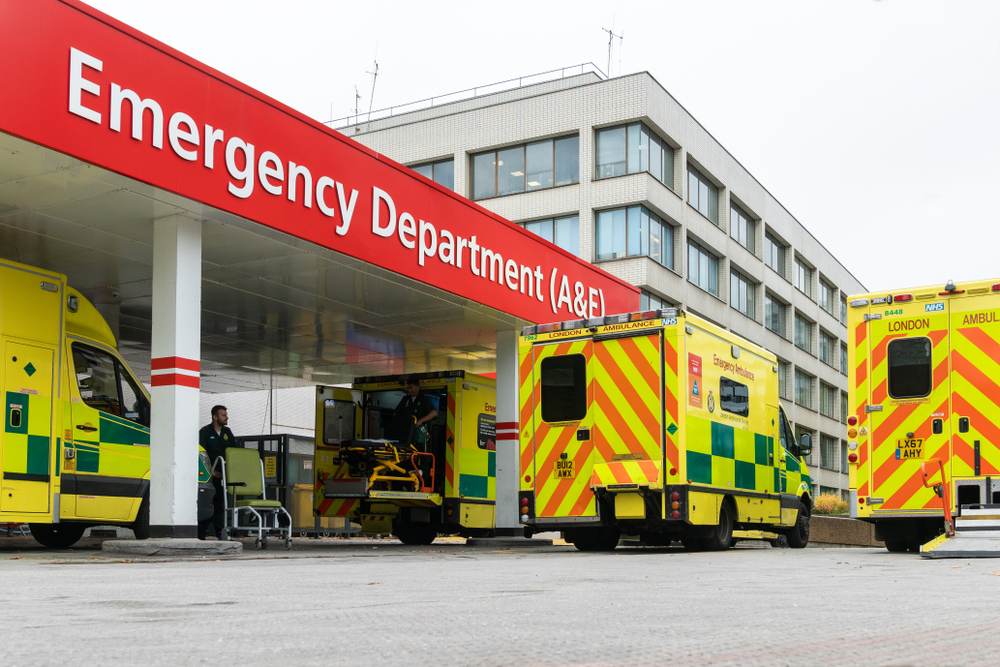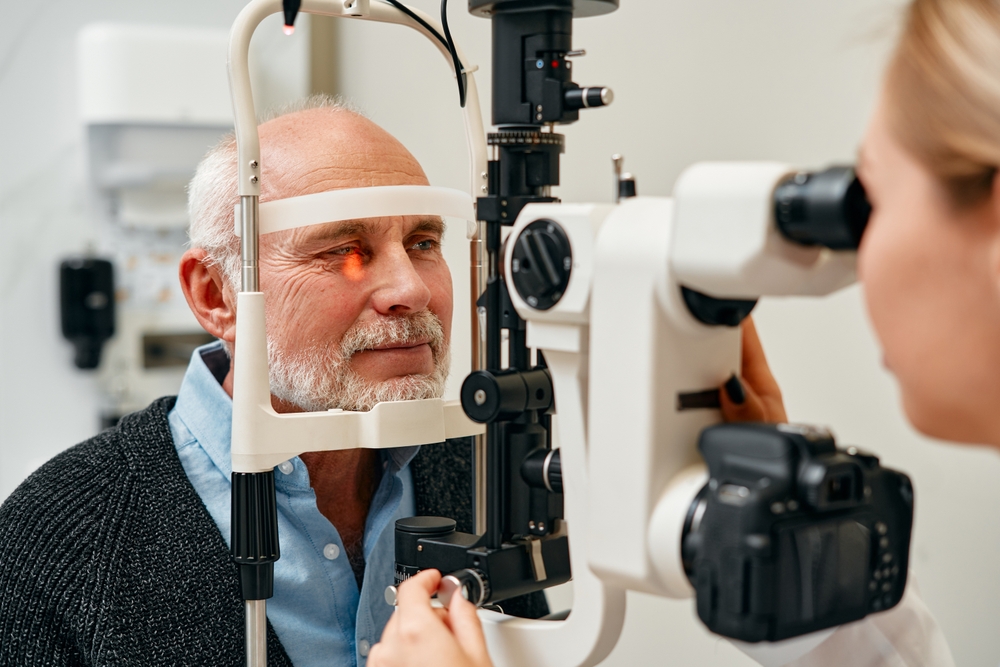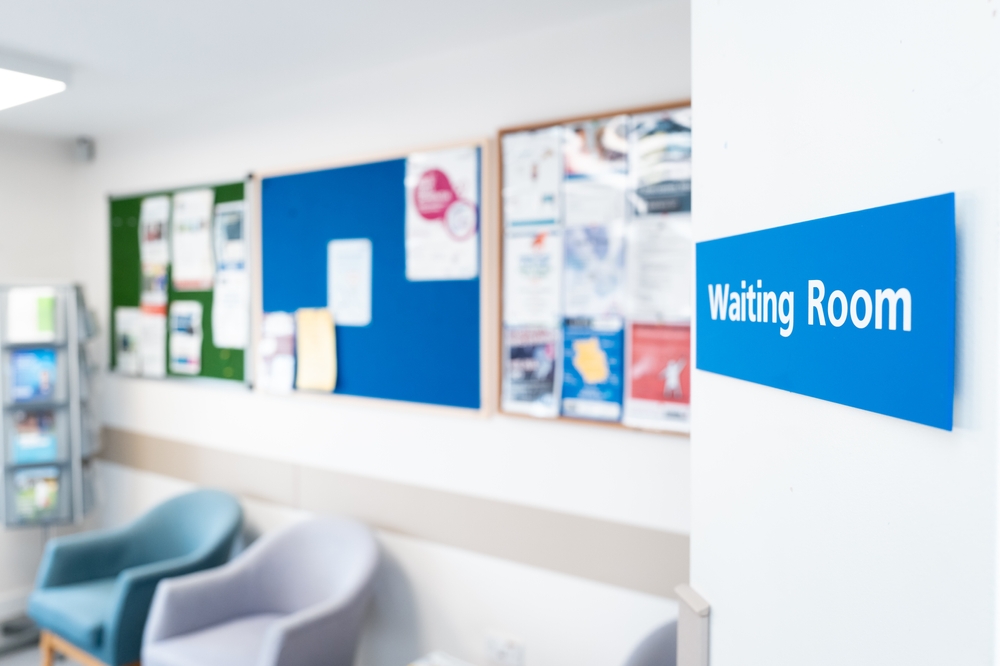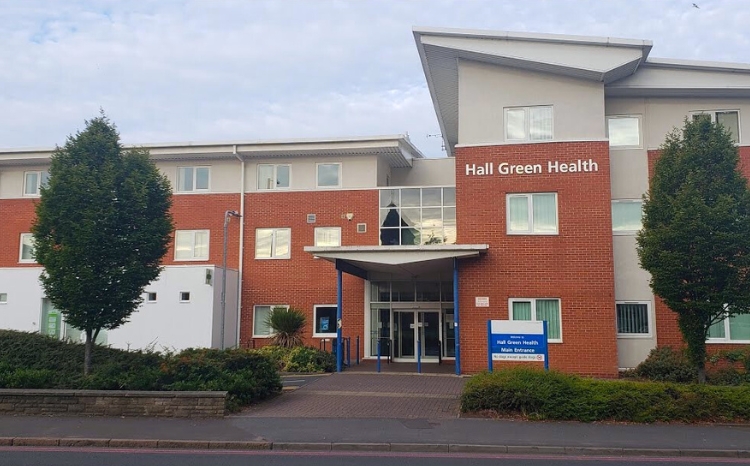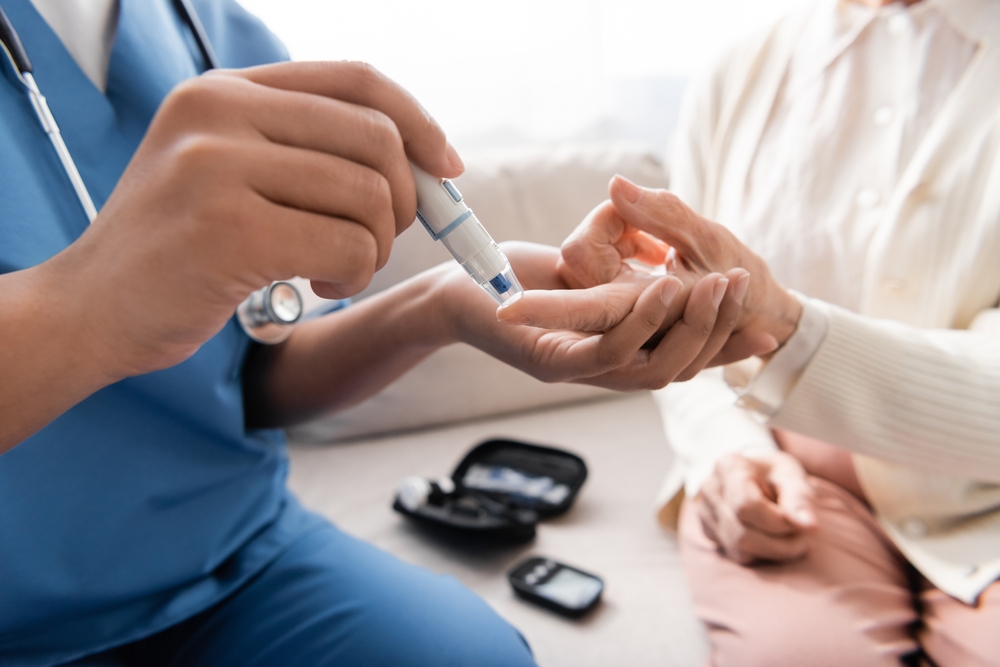PPP’s Director of Market Access and Policy, Ameneh Saatchi, spoke with Naj Rotheram, Medical Lead for Partnerships at Boehringer Ingelheim, to discuss their view on primary care, partnerships and how they can best support the NHS in delivering a new holistic approach to diabetes care.
The Diabetes Care programme has been sponsored by Boehringer Ingelheim. Boehringer Ingelheim has had no influence over the agenda, programme development, content or selection of faculty. This Editorial was written by PPP but features content from an interview with Boehringer Ingelheim. Boehringer Ingelheim has therefore reviewed the content for factual accuracy only.
Since their establishment in 1885, Boehringer Ingelheim has evolved into a leading manufacturer of pharmaceutical drugs for both human and animal healthcare. As a research-driven company operating in the UK among many other countries, Boehringer Ingelheim aims to support the NHS in improving clinical outcomes, access to evidence-based care and the quality of life.[1] To make this happen in diabetes care, Boehringer Ingelheim researches and develops innovative medications to support patients throughout their care journey.[2]
Naj Rotheram is Medical Lead for Partnerships at Boehringer Ingelheim. Having worked in the NHS for fifteen years before joining industry thirteen years ago, her experience makes her well-placed to understand how the NHS can deliver successful holistic care to people with diabetes. In her current capacity, Naj collaborates closely with the NHS across all disease areas, including diabetes, to address challenges and improve patient outcomes.
Developing preventative, holistic care
Naj describes a now familiar picture of the NHS: a system burdened by resource constraints, backlogs, workforce pressure, low morale – issues that have been further exacerbated following the COVID-19 pandemic. These challenges have dominated health discourse in recent years, and were recently highlighted in Lord Darzi’s independent investigation, with political figures warning that the system will collapse without reform. In view of this fact, Naj has long advocated for a structural transformation within integrated care systems (ICSs) to enable entire care pathways to deliver care collaboratively and holistically, treating patients as a whole rather than focusing on a single diagnosis.
“The long-term goal of structural transformation is to support better integrated care and therefore a better patient experience, hopefully across the entire pathway and better working together. But it does take time for that integrated way of working to embed itself.”
ICSs were set up with the aim of improving health and care services, prioritising a focus on prevention, better outcomes and reducing health inequalities. The power of prevention in diabetes care has already been demonstrated by the NHS-funded Diabetes Prevention Programme, which has been shown to reduce the risk of type 2 developing by 40 per cent. Yet, a study by The King’s Fund has found that local systems are at risk of going ‘off-track’ due to pressures on services, intense political scrutiny, and extremely difficult economic circumstances – and the impact these conditions are having on the ability of local, regional and national leaders to act.[3]
The challenge for ICSs is reflected in diabetes prevalence and linked co-morbidity figures, which are continuing to rise. Since 1996, the number of people with diabetes in the UK has risen from 1.4 million to more than 4.8 million and is estimated to reach 5.3 million by 2025.[4] The challenge of a growing at-risk cohort is compounded by an ageing population, and the complexities linked with long-term diabetes management, including complications and multimorbidity cases. Recent data from the 2023 National Diabetes Audit shows that more than 3.5 million people registered with a GP were identified with non-diabetic hyperglycaemia, also known as pre-diabetes. [5][6]
Diabetes often “starts with one diagnosis,” explains Naj, “and then accumulates a host of other health risks and problems”. In fact, diabetes is the leading cause of blindness in working-age adults, and around 10 per cent of diabetes patients will develop leg ulcers at some point in their lives.[7][8] Naj’s ideal vision is a model of localised care, centred on early diagnosis, better prevention and early intervention, thereby reducing the risk of these complications developing. Central to this approach is including patient perspectives to better understand their experiences. Naj also emphasises the importance of involving primary care professionals, ICS leaders, commissioners, and national policymakers in the development of multidisciplinary, holistic care pathways.
“Patients want to be treated by someone who considers the impact that disease might have on their heart, on the kidneys, on their brain, on their eyes. They say, ‘please look after me as a whole person,’ but the NHS isn’t necessarily well set up for that.”
-Naj Rotheram
Diabetes outcomes are significantly impacted by health inequality, with rates of undiagnosed diabetes being twice as high in areas in the lowest Index of Multiple Deprivation quintile compared to the top.[9] Naj stressed the importance of harnessing and embedding data-driven insights from population health management (PHM) into diabetes care pathways to allow systems to identify, and target interventions towards, underserved communities. An example of this is the Joint Working Project between Boehringer Ingelheim Limited and Salford Care Organisation.[10] The project aims to implement an integrated, neighbourhood-based, holistic diabetes service to address the complex needs of patients with cardio-renal-metabolic (CRM) diseases in Salford. By employing a workforce with diverse skillsets, and using data to identify individuals with the greatest needs, the project has successfully engaged communities within Salford’s population that have traditionally been reluctant to participate in healthcare.
“Utilising the insights at a very local level can help us understand the challenges affecting specific areas and allow us to develop programmes and care pathways.”
-Naj Rotheram
ICSs have a range of assets available to build more holistic, preventative diabetes care. Utilising all of general practice, community pharmacy, dental services, and optometry, primary care is in a strong position to deliver comprehensive, holistic diabetes care. However, Naj points out that current support for primary care is inadequate due to limited resources and high patient volumes – leading to a more reactive rather than a preventative approach. This means that primary care is often an underutilised preventative asset.
To remedy this, Naj advocates for greater support in terms of resources, training and action on workforce sustainability. “Primary care should feel valued; they are working on issues that matter to patients,” says Naj. “These primary care healthcare professionals are making a difference at a community level, and this long-term holistic focus is the reason why they entered the profession in the first place.” Naj also discusses the importance of supporting and valuing the workforce’s skills, by addressing discrepancies in workforce development, job reimbursement, and fair pay. An international survey has found that primary care doctors in 10 high income nations say that they are overworked, demoralised, and undervalued. [11]
The value of partnership
Another often underutilised asset in improving diabetes care is industry partnership. The NHS and pharmaceutical industry have an opportunity through partnership to redesign local and national pathways, enabling better collaboration for the patient’s benefit. Alongside clinical and care pathway knowledge, industry partners offer a range of practical resources and expertise relevant to NHS system ambitions, including project management, stakeholder involvement and multidisciplinary team mobilisation.[12] Naj has been intimately involved in this work, and posits partnerships as one way of promoting ethical practices and to provide highly regulated and standardised settings in which the NHS and industry can operate. Naj believes that partnerships can help to improve trust between the NHS and industry through greater transparency regarding all parties’ actions, long-term motivations and impacts. For this reason, the NHS could rely more on the “tremendous” skills and resources that industry brings, which extend beyond just the financial resources it provides.
We need to embrace working together and pooling those skills and those resources to overcome some of the NHS challenges that we are collectively facing.
-Naj Rotheram
PPP’s Diabetes Care Programme 2024 has uncovered fascinating insights and developed vitally important recommendations to improve the delivery of diabetes care. Stakeholders and experts present across the roundtables have consistently highlighted the need to move away from treating diabetes as a single diagnosis and condition to treating the whole patient in holistic terms.
The theme of holistic care has shaped the basis of 2025 Diabetes Care Programme, Holistic approaches to diabetes care: treating the whole patient, to discuss the challenges and opportunities for a holistic approach to care that treats the ‘whole’ patient and not just their diabetes. The series will feature a set of roundtables to create insights and strategies for holistic approaches to diabetes management and long-term conditions. We will address key questions including:
• How can systems balance personalisation and population health management to ensure we get population health rights, while meeting the individual needs of people?
• What role can technology, data and digital play in reducing inequalities for those with the highest needs?
• What innovations are game changers and are they sustainable?
• How do we develop our prevention and risk strategy, to break down siloed disease working so that cardio, renal, and metabolic condition are joined-up effectively within the health and care system?
• Where are the overlaps within the multi-morbid patient population and how can we create a one-stop shop in the community?
• How significant is genetic predisposition in causing diabetes compared to dietary and environmental factors?
If your organisation would like to learn more about getting involved in this innovative programme, then please contact Ameneh.saatchi@publicpolicyprojects.com to find out more.
References
[1] https://medical.boehringer-ingelheim.com/uk/nhs-partnering
[2] https://www.boehringer-ingelheim.com/uk/human-health
[3] https://www.kingsfund.org.uk/insight-and-analysis/reports/integrated-care-systems-workforce
[4] https://www.diabetes.org.uk/about-us/about-the-charity/our-strategy/statistics
[5] https://www.england.nhs.uk/2024/06/nhs-identifies-over-half-a-million-more-people-at-risk-of-type-2-diabetes-in-a-year/
[6] https://www.endocrine.org/patient-engagement/endocrine-library/diabetes-and-older-adults
[7] https://www.cdc.gov/diabetes/diabetes-complications/diabetes-and-vision-loss.html
[8] https://www.england.nhs.uk/north/wp-content/uploads/sites/5/2018/05/NWCSN_Diabetes_Footcare_Final_Report_2017-1.pdf
[9] https://assets.publishing.service.gov.uk/media/66e1b49e3b0c9e88544a0049/Lord-Darzi-Independent-Investigation-of-the-National-Health-Service-in-England.pdf
[10] https://www.boehringer-ingelheim.com/uk/salford-crm-joint-working-summary
[11] https://www.bmj.com/content/382/bmj.p1925
[12] https://www.nhsconfed.org/publications/partnering-purpose-ICS-industry

